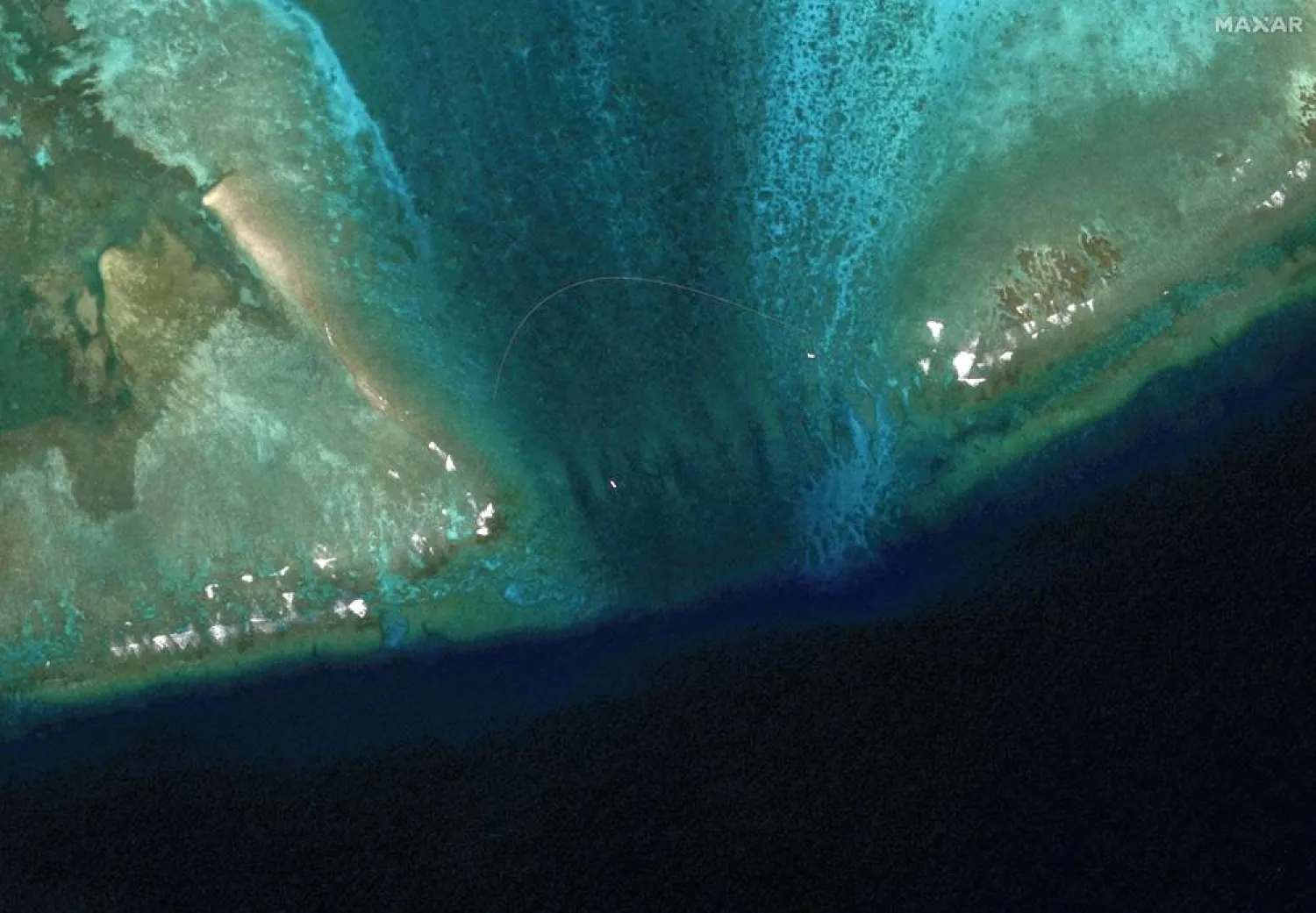Iran's Revolutionary Guards, the ideological arm of the military, are carrying out drills on the country's southern shores of the Gulf, state media said Tuesday.
"Combined 1404 (2026) exercise of the IRGC Ground Forces has begun," state TV reported, referring to this year in both the Iranian and Gregorian calendars.
The war games are focused on the south coasts but similar drills are happening in other parts of Iran, the report added.
They include drones, vessels, amphibious vehicles, ground-to-sea missiles and rockets as well as artillery, state TV said.
"Very good measures have been designed in various sectors, including missiles, artillery, drones, special forces, armored vehicles and armored personnel carriers," Mohammad Karami, commander of IRGC ground forces, told state television.
He said the drills were being conducted "based on the threats that exist", without elaborating.
The drills come after Washington and Tehran concluded two rounds of Oman-mediated talks aimed at reaching a deal on Iran's nuclear program, with further talks set for Thursday.
Washington has repeatedly called for zero uranium enrichment by Iran but has also sought to address its ballistic missile program and support for militant groups in the region, demands Iran has rejected.
Western countries accuse Tehran of seeking to acquire nuclear weapons.
Tehran denies having such military ambitions but insists on its right to nuclear technology for civilian purposes.
US President Donald Trump, who has ratcheted up pressure on Iran to reach an agreement, has deployed a significant naval force to the Middle East. He once again on Monday threatened Iran with a military attack if a deal is not reached.
Last week, Iranian naval forces conducted another round of military drills in the Gulf and around the strategic Strait of Hormuz.









